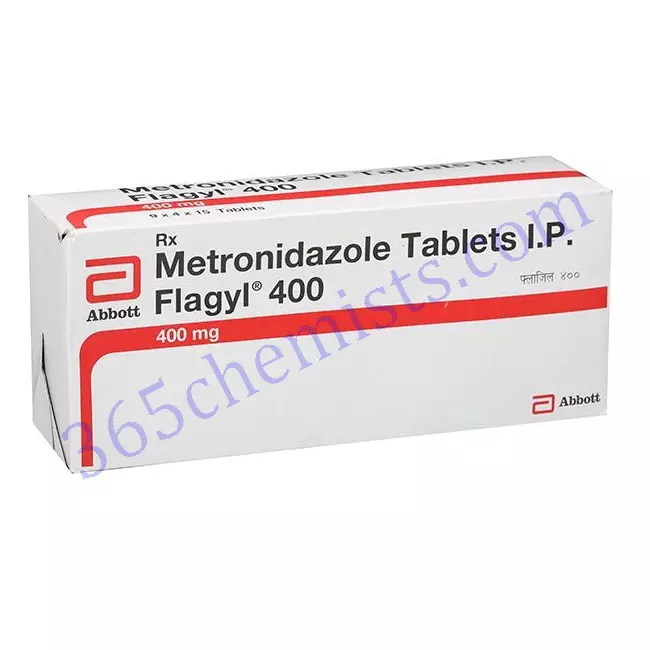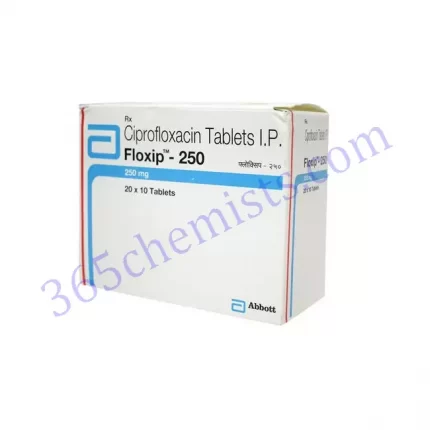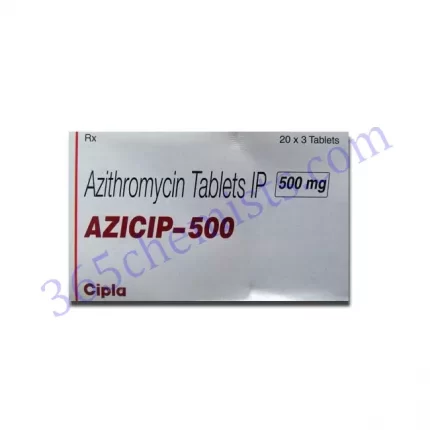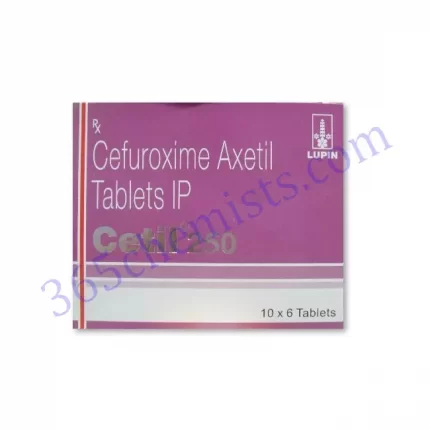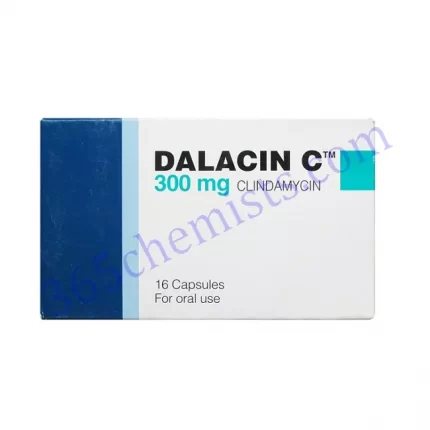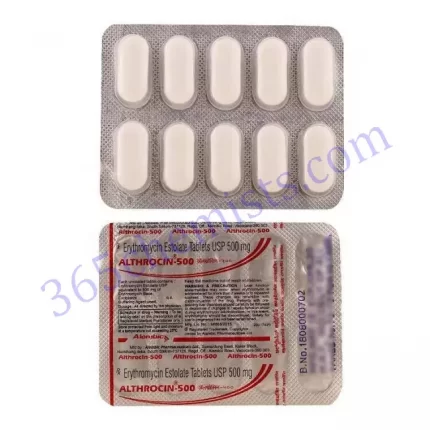Flagyl 400mg Tablet (Metronidazole)
Metronidazole is the primary component of the medication known as Flagyl 400 Tablet, which comes in tablet form. It is a medication that is used to treat a wide variety of bacterial and parasitic infections, and it acts as both an antibiotic and an antiprotozoal. The purpose of this detailed description is to offer an in-depth analysis of Flagyl 400 Tablet, covering topics such as its applications, dosage, potential adverse effects, and safety considerations.
Overview of Flagyl 400 Tablet
The Flagyl 400 Tablet is a powerful medication that eliminates a wide variety of bacteria as well as parasites in an efficient manner. Metronidazole, the active component in Flagyl, works by preventing the growth and replication of the microorganisms in question, which ultimately results in the microorganisms being flushed out of the body. It is frequently recommended for the treatment of infections found in the skin, reproductive system, digestive tract, and other parts of the body.
Uses of Flagyl 400 Tablet
In order to treat a wide variety of infections, healthcare professionals may recommend that their patients take Flagyl 400 Tablet. It is commonly used to treat infections that are brought on by bacteria and parasites. Some examples of these infections include dental infections, infections of the skin and soft tissues, infections of the digestive tract such as bacterial diarrhoea and diverticulitis, and sexually transmitted infections such as trichomoniasis. In addition, the Flagyl 400 Tablet may be utilised as an adjunctive treatment option for the treatment of specific infections.
Related Dosage
Flagyl 200mg Tablet
Flagyl 400mg Tablet
Dosage and Administration
It is possible for the recommended dosage of Flagyl 400 Tablet to change depending not only on the nature and extent of the infection, but also on the patient’s age, weight, and general state of health. It is extremely important to take the medication exactly as directed by the healthcare professional, including paying close attention to the dosage and how it should be administered. Oral administration of Flagyl 400 Tablet may be performed either with or without food, depending on the physician’s instructions. Even if the symptoms start to improve, it is imperative to finish the entire prescribed course of medication in order to guarantee that the infection will be completely cleared up.
Possible Side Effects
Although Flagyl 400 Tablet is generally well tolerated, there is the possibility that certain adverse effects could occur in some people. Nausea, vomiting, abdominal discomfort, a metallic taste in the mouth, and diarrhoea are some of the more common adverse effects that may occur. These adverse effects are typically mild and fleeting, and they go away on their own over time. Nevertheless, it is imperative that prompt medical attention be sought out in the event that any of these side effects continue or become worse. In extremely unusual instances, more serious adverse effects may occur, in which case prompt medical attention should be sought out.
Precautions and Warnings
It is important to inform the healthcare professional about any known allergies, medical conditions, or medications that are being taken prior to beginning treatment with Flagyl 400 Tablet. Because drinking alcohol while taking Flagyl 400 Tablet and for at least 48 hours after finishing the full course of treatment can cause a severe reaction with symptoms including nausea, vomiting, flushing, rapid heart rate, and shortness of breath, it is essential to abstain from drinking alcohol during treatment and for at least this amount of time after treatment has ended. In addition, patients who have problems with either their liver or their kidneys should use the medication with extreme caution.
Drug Interactions
It is possible for Flagyl 400 Tablet to interact with other medications, which could result in a reduction in effectiveness or an increase in the likelihood of adverse effects. It is essential to provide the medical professional with information regarding any and all medications that are currently being taken, whether they be prescribed drugs, over-the-counter drugs, or herbal supplements. If you are taking Flagyl 400 Tablet at the same time as certain medications, such as warfarin or lithium, your doctor may need to adjust your dosage or carefully monitor your blood levels.
Storage and Handling
The recommended storage conditions for Flagyl 400 Tablet are room temperature, protection from direct sunlight, and avoidance of moisture. It is essential to store the medication somewhere that is inaccessible to both children and animals. Tablets that have expired or are not being used should be disposed of in an appropriate manner, either by following the guidelines established in the local area or by consulting a chemist.
Conclusion
The powerful medication metronidazole, which is sold under the brand name Flagyl 400 Tablet, is taken to treat a wide variety of bacterial and parasitic infections. Patients can make the most of the benefits of Flagyl 400 Tablet while minimising the risk of potential adverse effects or interactions with other medications if they strictly adhere to the recommended dosage and follow the instructions given to them by medical professionals. When taking any kind of medication, it is important to speak with a qualified medical professional to receive individualised recommendations and instructions based on your specific conditions.

